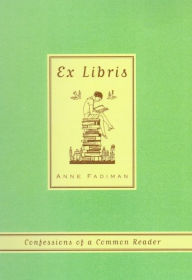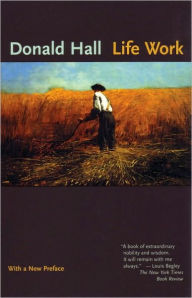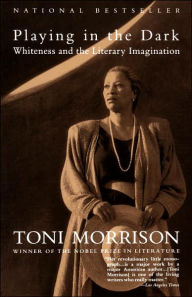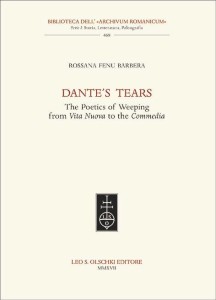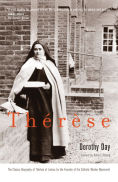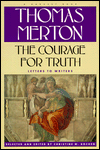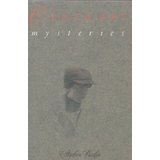An ardent reader who still remembers the glorious moment when I first decoded the black marks in a Golden Book and found a story waiting for me, I love books. And I love books about books.
This is the first of several essay collections from Fadiman, former editor of The American Scholar and a founding editor of the Library of Congress magazine Civilization. She will be speaking at the Brattleboro Literary Festival in October. The essays here are about books—loving books, living with them, building castles with them.
In the first selection, Fadiman describes the hilarious and tender process of marrying her and her husband’s libraries after five years of marriage. First they had to negotiate how the books would be placed on the shelf. Like Fadiman, I organize my books by nationality and subject matter, while her husband lumped all under the heading Literature. And George could have been talking to me when he gasped and said, “‘You mean we’re going to be chronological within each author?’”
But it was having to give up duplicate copies that brought home to Fadiman that they “had both been hoarding redundant copies of our favorite books ‘just in case’ we ever split up.” She realized that taking this giant step meant that they were “stuck together for good.”
One essay explores inscriptions in books given as gifts while another hilariously exploits the charm and eccentricity of footnotes. To me, the most moving selection is about her father’s library, evoking memories of my own childhood. My love affair with books started early and quickly grew from valuing them as transportation devices to appreciating them as physical objects.
Like Fadiman, I look at bookshelves in homes I visit. She says, “My brother and I were able to fantasize far more extravagantly about our parents’ tastes and desires, their aspirations and their vices, by scanning their bookcases than by snooping in their closets. Their selves were on their shelves.”
In the realm of Creative Nonfiction, personal essays have one foot in the province of memoir and the other in narrative nonfiction. By including personal details, they share some of the power of memoir and the way it welcomes the reader in. At the same time, they can convey bits of knowledge like tasty morsels hidden in a cake.
Fadiman is particularly adept at bringing in abstruse and amusing bits of information. Before now, I didn’t know that “Galileo compared Orlando Furioso to a melon field, Coventry Patmore compared Shakespeare to roast beef, and Edward Fitzgerald compared Thucydides to Parmesan cheese.” Nor did I know that William Gladstone invented the system of rolling bookshelves used in Bodleian Library’s Radcliffe Camera and other places, including some archives I’ve explored.
Most of all, though, the personal essay is a story and, as such, takes the reader on a journey. The journey may end in an epiphany or a comforting hug or a sad acceptance, but always in a satisfying way. Each of these small journeys rewards the reader with insights, images, and a chuckle or two.
What book about books have you read?
